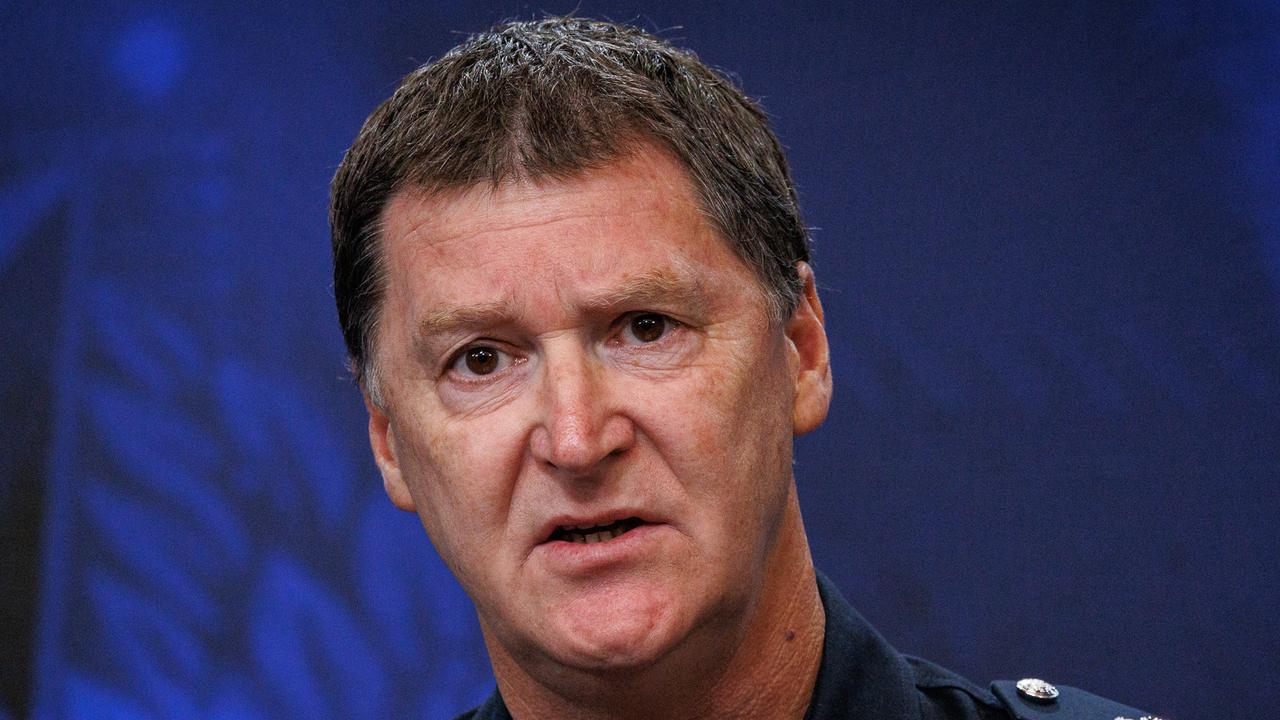Abdul Nacer Benbrika faces freedom after extended supervision order expires
One of Australia’s most notorious convicted terrorists could be released into the community without conditions within less than a fortnight.
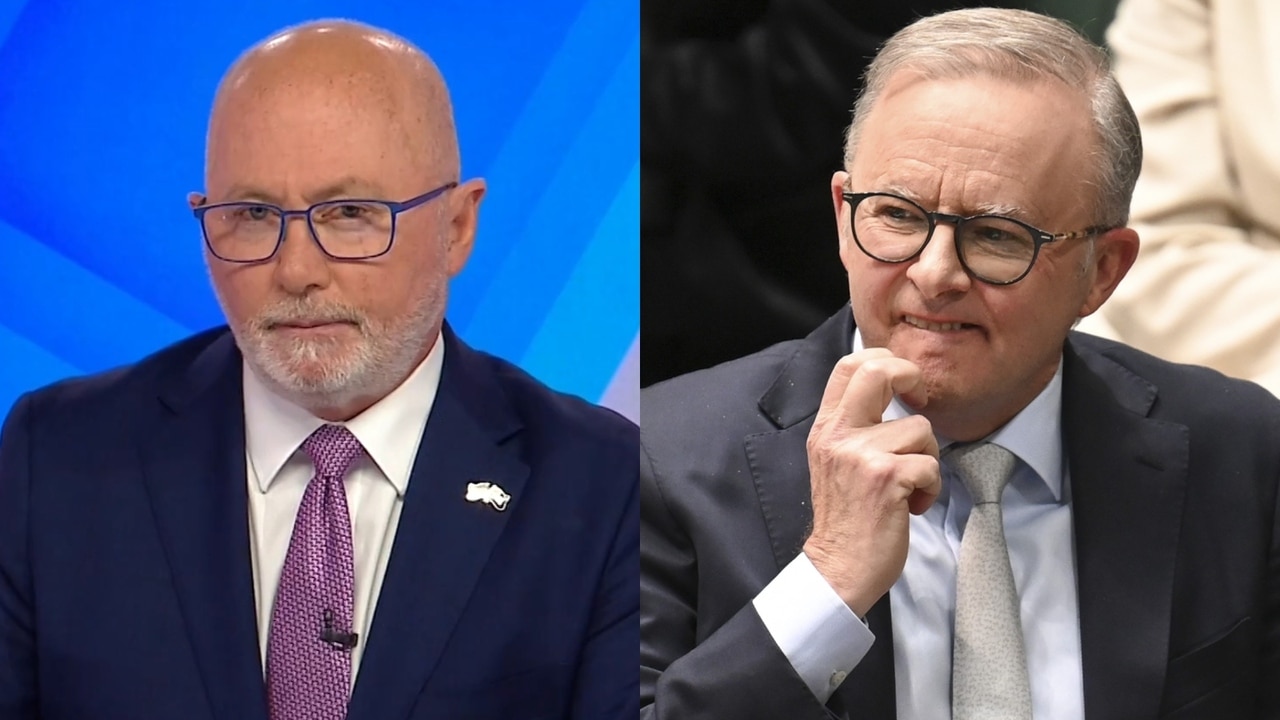
Victoria
Don't miss out on the headlines from Victoria. Followed categories will be added to My News.
The Albanese government will push to keep one of Australia’s most notorious convicted terrorists under strict supervision in the community.
Abdul Nacer Benbrika’s one year extended supervision order will expire in less than a fortnight.
He was put on the order last year, which resulted in his release from jail, after 18-years behind bars for leading a terror cell.
The Herald Sun can reveal the federal government on Thursday made an application to the Supreme Court for Benbrika to be placed on another one year extended supervision order (ESO) and an Interim Supervision Order.
For the government to make an application, it needed evidence that Benbrika still posed a risk to the community.
A spokesman for Attorney-General Mark Dreyfus said: “This was the strongest possible action available under law and followed advice from all operational agencies involved in the matter”.
“It is now a matter for the court to determine whether to make an ESO, and if so, what conditions should be imposed.
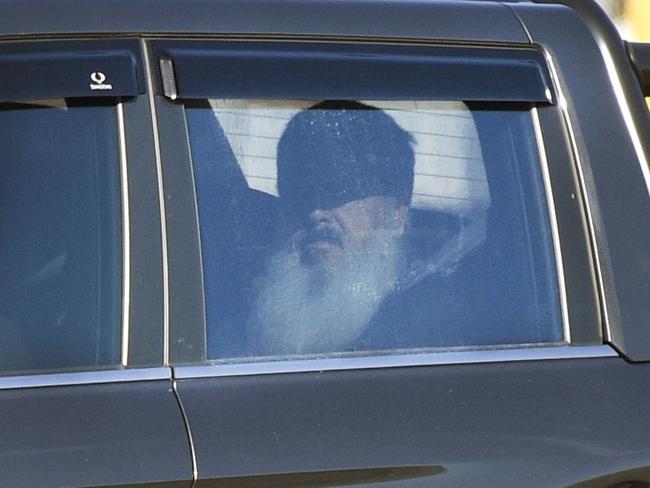
READ MORE: From terror plotter to ‘changed man’
“The application for an ESO is in addition to the existing powers available to security and law enforcement agencies to protect the community.
“The Albanese Government will always take the strongest possible action, available under law, to ensure the safety of the community”.
But Opposition home affairs spokesman James Paterson said it was “remarkable” that the government left it “so late” to apply for a new ESO.
“But it’s not surprising given the chaos and confusion we’ve seen from the Albanese government with their illogical division of responsibilities between Home Affairs and Attorney-Generals,” Senator Paterson said.
“Tony Burke is responsible for counter terrorism but Mark Dreyfus is responsible for high risk terrorist offenders.
“No wonder critical national security protections for the community like this keep falling between the cracks.”
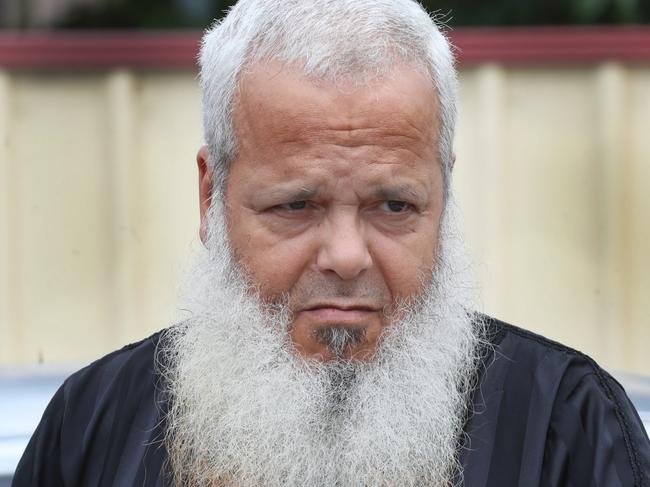
Algerian-born Benbrika was released on an extended supervision order after Victorian Supreme Court Justice Elizabeth Hollingworth found the risk of him committing further offences was “now low enough” that he could be managed in the community.
He has been required to adhere to 30 strict conditions including wearing an electronic monitoring device, submitting to a curfew between 10pm and 6am, as well as participating in Commonwealth-paid psychological treatment and a deradicalisation program with a Sheikh from the International Centre for the Study of Violent Extremism.
In June, the Herald Sun revealed that he was considering launching a legal bid for a payout from the federal government, arguing he was kept in jail for three years longer than he should have been.
This is because Benbrika was placed on a continuing detention order at the end of his 15-year sentence, as he was deemed an “unacceptable risk” of committing a serious terrorism offence if released.
But questions have since been raised about the validity of the violent extremist risk assessment tool, which was used by government experts to argue he was an ongoing risk and should remain in custody.
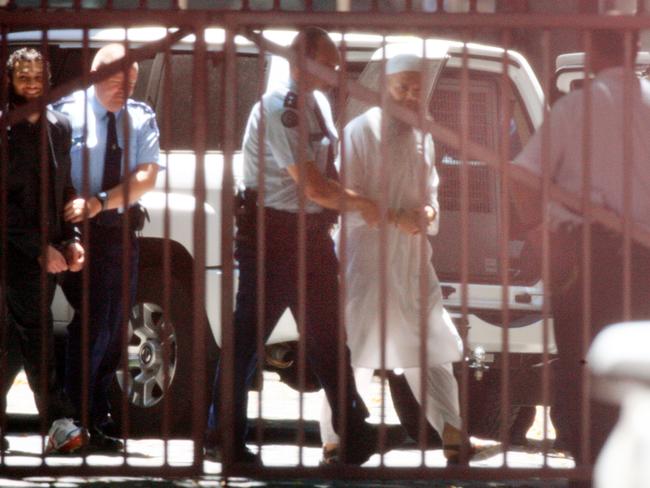
READ MORE: Taxpayers slugged millions to detain notorious terrorist
Greens justice spokesman David Shoebridge said the case had been a “masterclass in political interference and injustice from start to finish”.
“The federal government has repeatedly used tools that they know are discredited to justify indefinite detention and even when they were caught out they pretended nothing was wrong,” Senator Shoebridge said.
“Of course we should listen to the best evidence about any future risks, but that needs to be evidence, not biased and discredited speculation based on tools the government knows don’t work.”
Benbrika’s lawyers were contacted for comment.
Originally published as Abdul Nacer Benbrika faces freedom after extended supervision order expires



